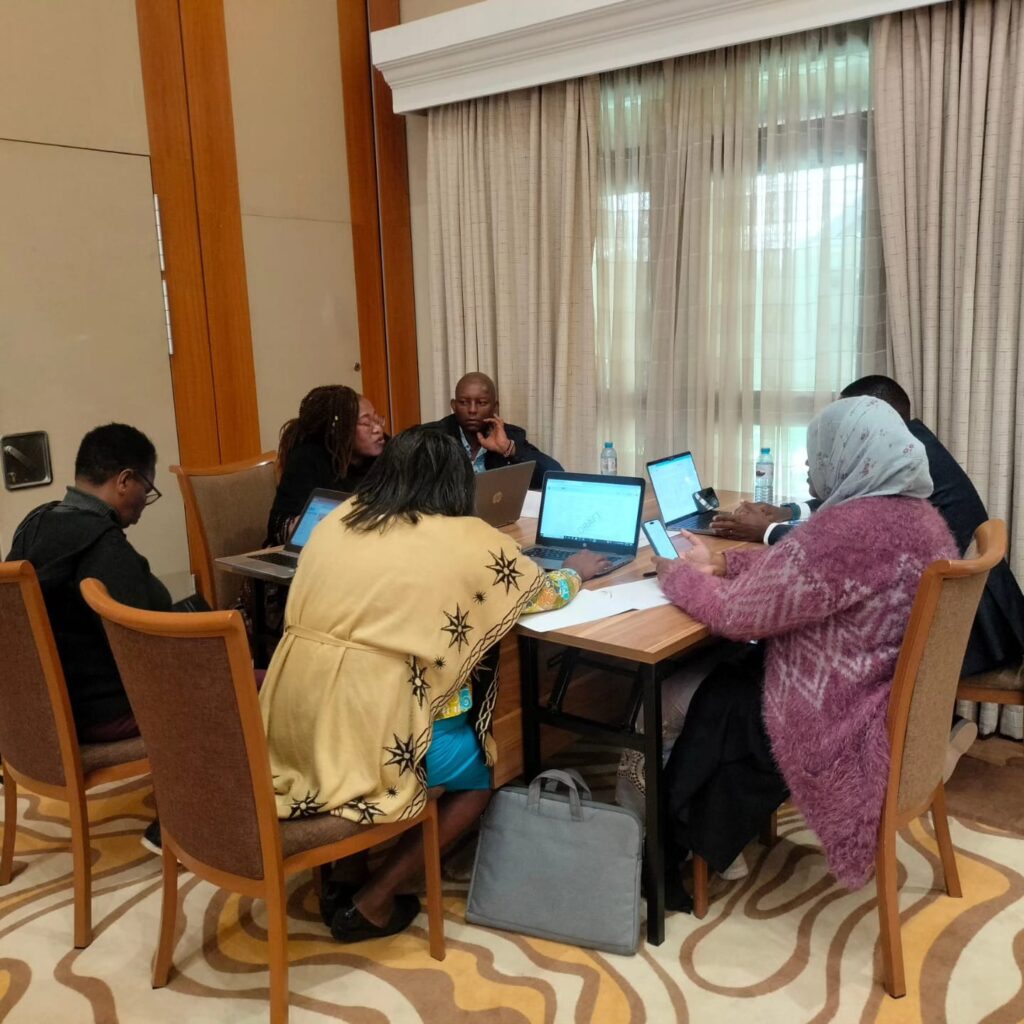Pillar 4
Advocacy, Partnerships, Coordination, and Financing
Kenya, classified as a lower-middle-income economy with a life expectancy of 66.1 years in 2021, faces significant challenges in cancer awareness and control. The 2021 Human Development Index ranks Kenya 152nd out of 191 countries, highlighting the need for comprehensive strategies to address the impact of cancer on individuals, families, and public health programs. Stigma surrounding cancer is a pervasive issue, hindering health-seeking behaviors and contributing to late-stage diagnoses. To overcome this, a robust cancer communication strategy is proposed, emphasizing advocacy, awareness, and disability mainstreaming to reduce stigma and improve access to cancer information and services.
Effective cancer control requires a multisectoral coordination structure and partnerships among various stakeholders. Kenya, like other low and middle-income countries, grapples with limited financing for cancer interventions due to scarce healthcare resources. With public health expenditure at 2.2% of GDP and a significant portion financed by out-of-pocket costs, sustained advocacy becomes crucial to prioritize cancer control. The proposed strategy focuses on training, sensitization, and awareness programs targeting diverse stakeholders, including national departments, private and informal sectors, and the media. Special attention will be given to disadvantaged populations to ensure equitable access to information and services. Additionally, efforts will be directed towards addressing social determinants of health to improve overall health outcomes in the country.

This strategy seeks to provide training, sensitization and awareness programmes on prevention, early diagnosis, treatment, palliative care and control of cancer for all including but not limited to employees of all national departments, authorities and other agencies, communities, employees of private and
informal sectors, media among other stakeholders with targeted programs for disadvantaged populations to ensure equity. It will also seek to address social determinants of health to ensure better health outcomes.
The overarching goal is to forge and support effective advocacy and communication, partnerships, and mobilize resources for a robust cancer control response in Kenya, through the following strategic objectives:
- Inform and empower the Kenyan population on cancer prevention and control and address
cancer stigma - Strengthen engagement and partnerships at National and County Levels
- Strengthen the National Cancer Control Program and the National Cancer Institute of Kenya
- Strengthen partnerships for cancer prevention and control at all levels
- Increase innovative sustainable financing for comprehensive cancer prevention and control at
national and county levels